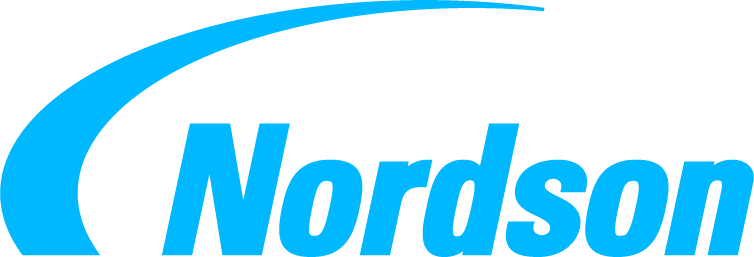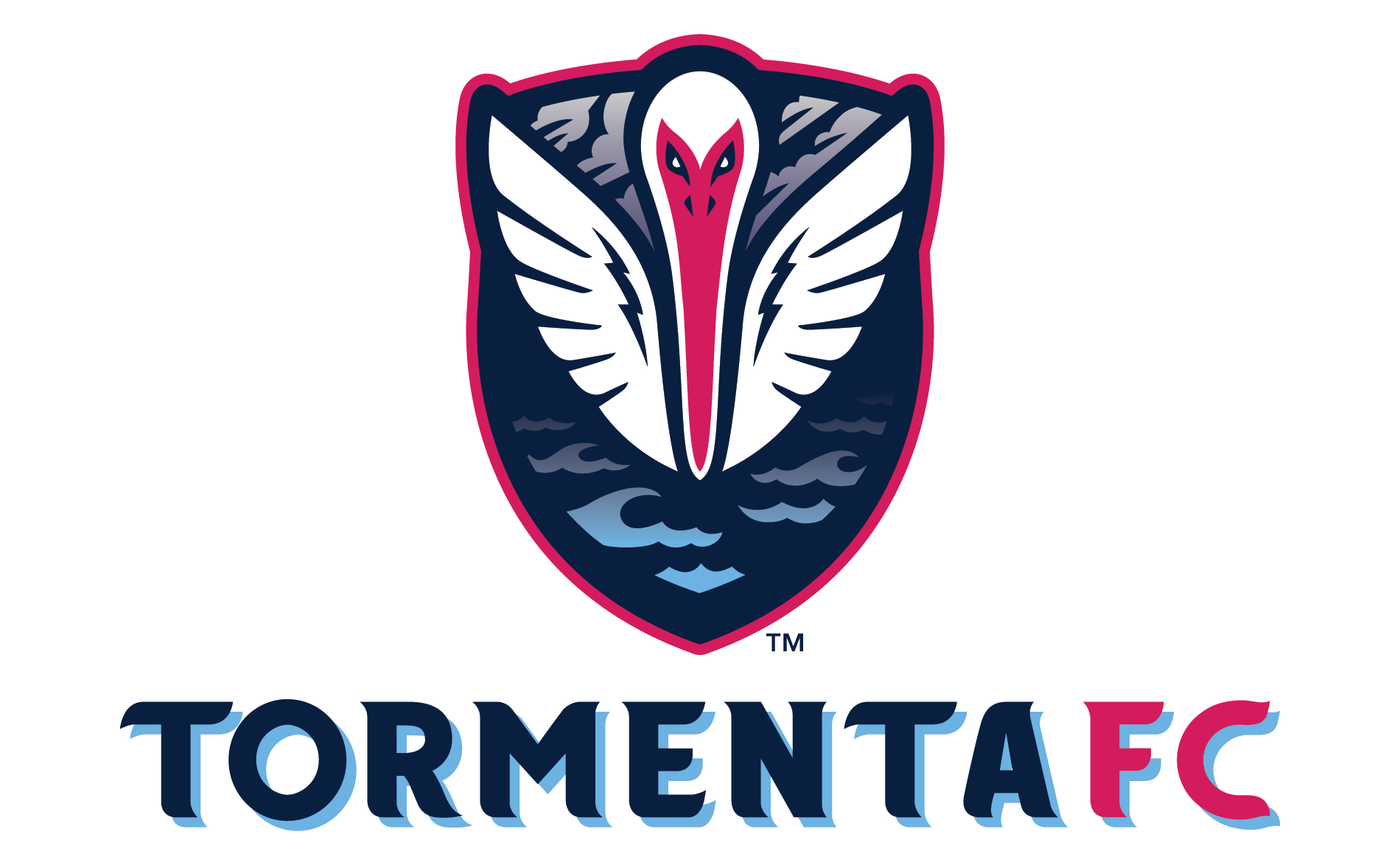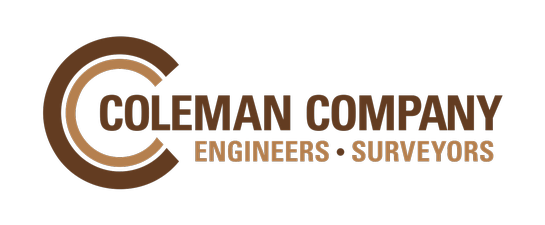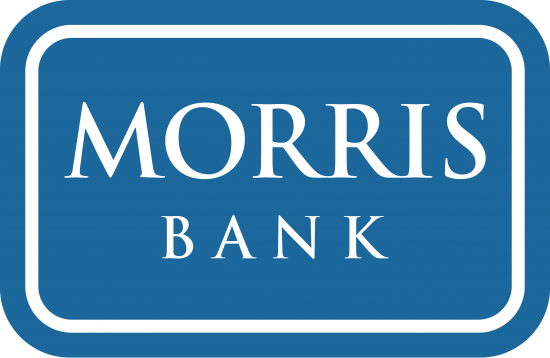Career Resources for Adult Students
The Office of Career and Professional Development is dedicated to providing resources and supporting Georgia Southern University adult or nontraditional students by tailoring our services to meet your unique needs.
Overview
The OCPD understands that adult students and working professionals may have the following considerations:
- Balancing multiple responsibilities – Many non-traditional students have additional responsibilities outside of school and finding and completing internships can prove challenging. If you are working outside of school, or find it difficult to gain experience in your field.
- Connecting with the general student population – Feeling behind on joining student clubs, and organizations, and building experience through co-curricular involvement? Many nontraditional students aren’t sure what clubs and organizations to join or feel like those groups and clubs are already formed. Consider those that relate to building leadership and professional skills.
- Gaining professional experience through internships and other forms of experiential learning – It is important to complete an experiential learning opportunity. Employers want to see that you have tangible experience. Options to intern on the weekends or on a flexible schedule may be an option for students with several competing obligations. You could also look into volunteering with an organization to gain the skills and experience that would make you more marketable.
- Students with children – Students with children or who may be responsible for family and/or eldercare may experience unique considerations during career development and searching and preparing for the next step (e.g. job, continued education, volunteering, etc.).
Job and Internship Search
- Interns Over 40
- Path Forward: 16-week, mid-career “returnship” offering returning professionals the opportunity to restart their careers with companies that appreciate the skills they offer, the perspective they provide, and the contributions they can make.
- iRelaunch: mid-career reentry career program which works with about 30 large companies in a variety of programs.
Networking
- Association for Nontraditional Students in Higher Education (ANTSHE)
- National Older Worker Career Center (NOWCC): proud to connect professionals, age 55+, with part-time and full-time opportunities throughout the country by providing skilled and experienced workers to government agencies.
Résumé Tips
One of the challenges non-traditional college students face is preparing a great résumé prior to entering (or re-entering) the workforce after graduation.
- Different résumé style – We recognize that, when coming into college, you may have a lot more experience than traditional students, meaning you may need to disregard some of the traditional résumé advice, such as sticking to one page or starting with your education. Depending on years of experience and level of experience, these guidelines may or may not apply. In some cases, we may recommend a “Functional Résumé” instead. Make an appointment with your Career & Internship Advisor to discuss your options.
- Update your résumé – If you change jobs, take on more responsibility in your current position, join a new campus or community organization, or earn an additional scholarship or award, add this information to your résumé. Regardless of the changes and accomplishments in your life, update your résumé every six months. This regular résumé updating is crucial because non-traditional college students typically live active lifestyles, working part-time or full-time while attending college, all the while maintaining community involvement and tending to family responsibilities.
- Address Gaps – Non-traditional college students often have gaps in their work history. When you have gaps in your work history, you may choose whether to list them or not. If you don’t list the gaps on your résumé, be prepared to explain those gaps in your work experience in your interviews and/or cover letters. If you list the gaps on your résumé, list transferable skills and volunteer duties performed.
- The key is to be honest and upfront on your résumé in a professional manner without getting too personal. For example, if the gap stems from a personal injury or is due to being a caretaker for a family member, avoid divulging specific details about the illness or injury on your résumé. Instead, the statement should briefly acknowledge the gap and emphasize your interest in returning to work.
- When formatting your résumé use reverse chronological order versus a functional style. You may be inclined to use a functional or skills résumé to hide gaps in your employment; however, most employers are not fond of that format.
- To help fill the gaps take into consideration any part-time employment, volunteer experience or courses you took during those time periods. Each are valuable experiences to include on your résumé and offers a great opportunity to market the career readiness competencies (CRCs) you’ve developed. List all experience – Entitle your work experience section “Experience.” This allows you the freedom to list all experience in this category, including your military experience, volunteer work experience, internships (paid or unpaid), and paid work experience. Whether you value your volunteer experience as highly as your paid work experience or not, many employers will. Don’t underestimate the value of your own experience.
Last updated: 9/20/2022














